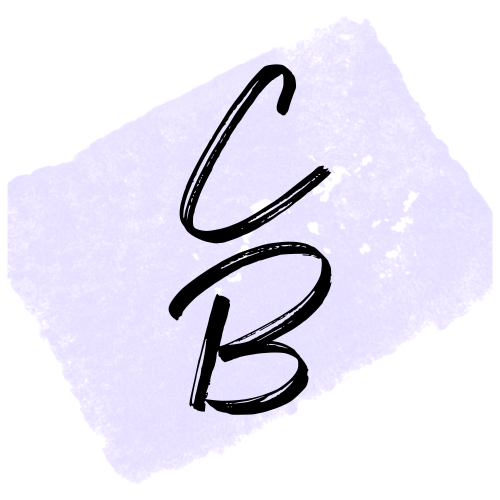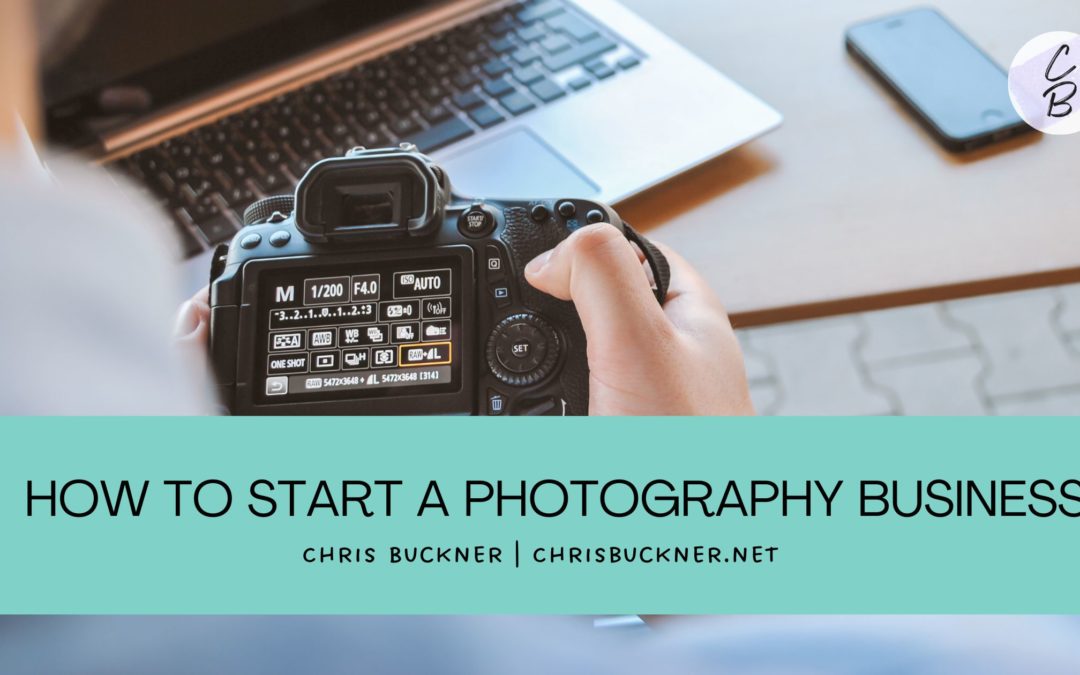Turning your passion into a career is the dream. This is true for those with an artistic mindset, as many wish to find a way to incorporate what they love with a way of bringing in money.
Naturally, this means that many photographers have tried (and succeeded) in turning their love of photography into a business. While there will always be challenges on this road, it is entirely possible. Here are a few tips to get you started.
Make a Plan
Before starting a business, regardless of the industry, one must make a plan. This is true even for artistic businesses, so do not make the mistake of overlooking this step. Take a few moments to organize all thoughts and ideas in a single location.
The planning phase should include all preliminary steps, including creating a plan, researching the competition, and assessing startup costs. Ideally, what should follow next is securing additional funding (if needed) and getting any other financial details sorted out.
Choosing a Focus & Cost
For photographers, there’s one big decision that must be made early in this process. What will their focus be? Photographers have many choices here, from portraits to events and travel photography. Deciding now will help you define your business’ brand alongside your target audience.
Finally, don’t forget to decide on a price structure! In other words, how much will you charge, and what will the charge cover? Will you be charging for your services or selling your photography directly? There’s the option to do a mixture of the two. Artists frequently make the mistake of undervaluing their time, work, and products. Please endeavor to avoid making this mistake. Your artwork has value, and you should charge accordingly.
The Equipment
Many photographers love to debate the pros and cons of different brands. Most will have a favorite (for example, Canon or Nikon). Here’s the thing: it’s less important to stress about the brand or level of tech you have and more important for getting started.
Often, new photographers make the mistake of thinking that they’ll get better with the “right tool” in their hands instead of believing that they will improve with time. While new tools can produce higher clarity, artists must focus on their vision first.
Ideally, anyone considering opening a photography business already has the essential tools required. This should include obvious basics such as a camera, a section of lenses (depending on the specialty of your choice), and any accessories (tripod, memory cards, etc.).

